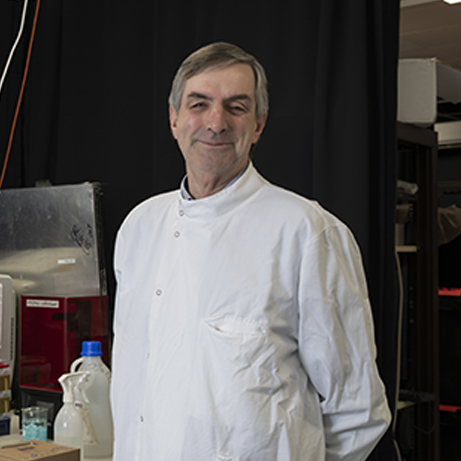Research
We are collaborating with the UK Space Agency and Kayser Space Ltd to carry out research experiments on the International Space Station to help solve the puzzle of why our muscles get weaker as we age and find possible ways to prevent it.
Ageing
Major demographic changes are affecting the UK and other societies leading to rapidly increasing numbers of older people with relatively poor health and quality of life.
It is estimated that by 2034, 23% of the UK population - estimated to be around 15 million people - will be over 65 years of age. Physical frailty is a major factor affecting the ability of individuals to maintain independence and is primarily due to age-related loss of skeletal muscle mass and function (known as sarcopenia).
The mechanisms underlying age-related loss of muscle are not fully understood, but by sending muscle cells up to the International Space Station we are working to better understand the process, with the ultimate hope of finding new therapies to prevent it.
Why space?
Spaceflight is an extreme environment that causes many negative health changes to the body and astronauts can lose up to 40 per cent of their muscle after 6 months in space. These changes are regarded as an excellent model for the ageing process in the body, and scientists can use the knowledge gained from studying changes in astronauts to better understand the ageing human body.
Learn more about our research projects investigating skeletal muscle ageing in microgravity.

Ageing is one of the greatest challenges of the 21st century and so the opportunity to use microgravity to help understand the mechanisms underlying age-related muscle loss is really exciting.


